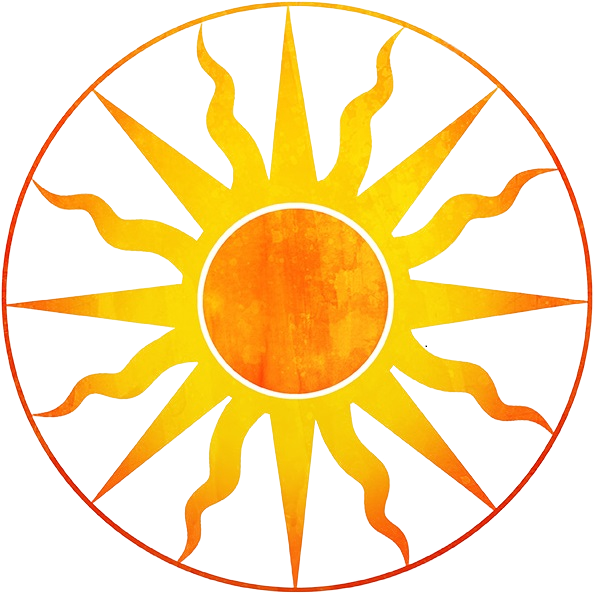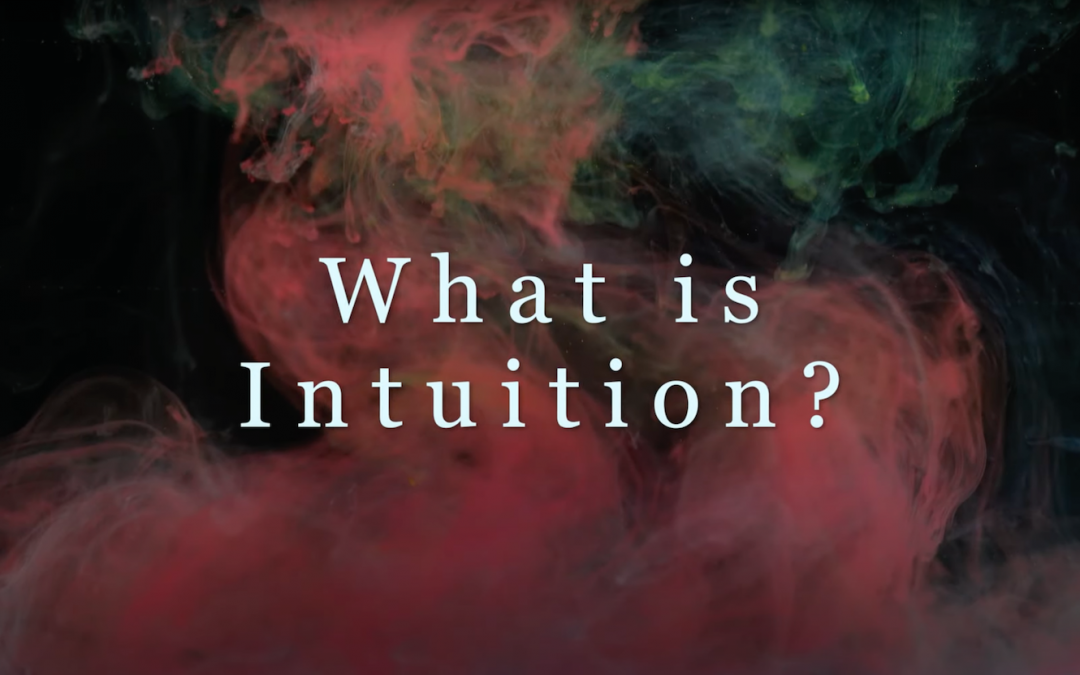Intuition is a sensation of knowing something without conscious reasoning.
In other words, a person experiencing intuition is receiving information without being aware of the method of how it was formed. Sometimes it is referred to as gut feelings or having a hunch.
It can be a feeling of trust or distrust when a stranger approaches us. A doctor can have a hunch to consider a certain diagnosis through intuition. When you are looking at someone’s face and sensing what they are feeling, without knowing why, that’s intuition.
Viewed from our conscious rational minds, intuitions are theories because it is not self-evident that it is true. Yet in many situations, it can be our best strategy to defer to our intuition for guidance.
Intuition has a hidden process which seeks to uncover hidden possibilities. The speed and ease in which we experience intuition is part of what gives it its value. However, we must keep in mind that its suggestions are not always right. Sometimes things can be counter-intuitive, meaning that intuition is misguiding us and the opposite of it is more correct.
Carl Jung defined intuition as “perception via the unconscious” and contrasts it as an alternative mode of perception to sensing. Sensing involves information received through our five senses. Sensing relates to that which is verified, to “what is”, while intuition relates to what is unverified, to “what if”. Sensing is the facts and intuitions are the theories. Sensing is our guide to the actual, to the known, and intuition to possibilities, to the unknown.

